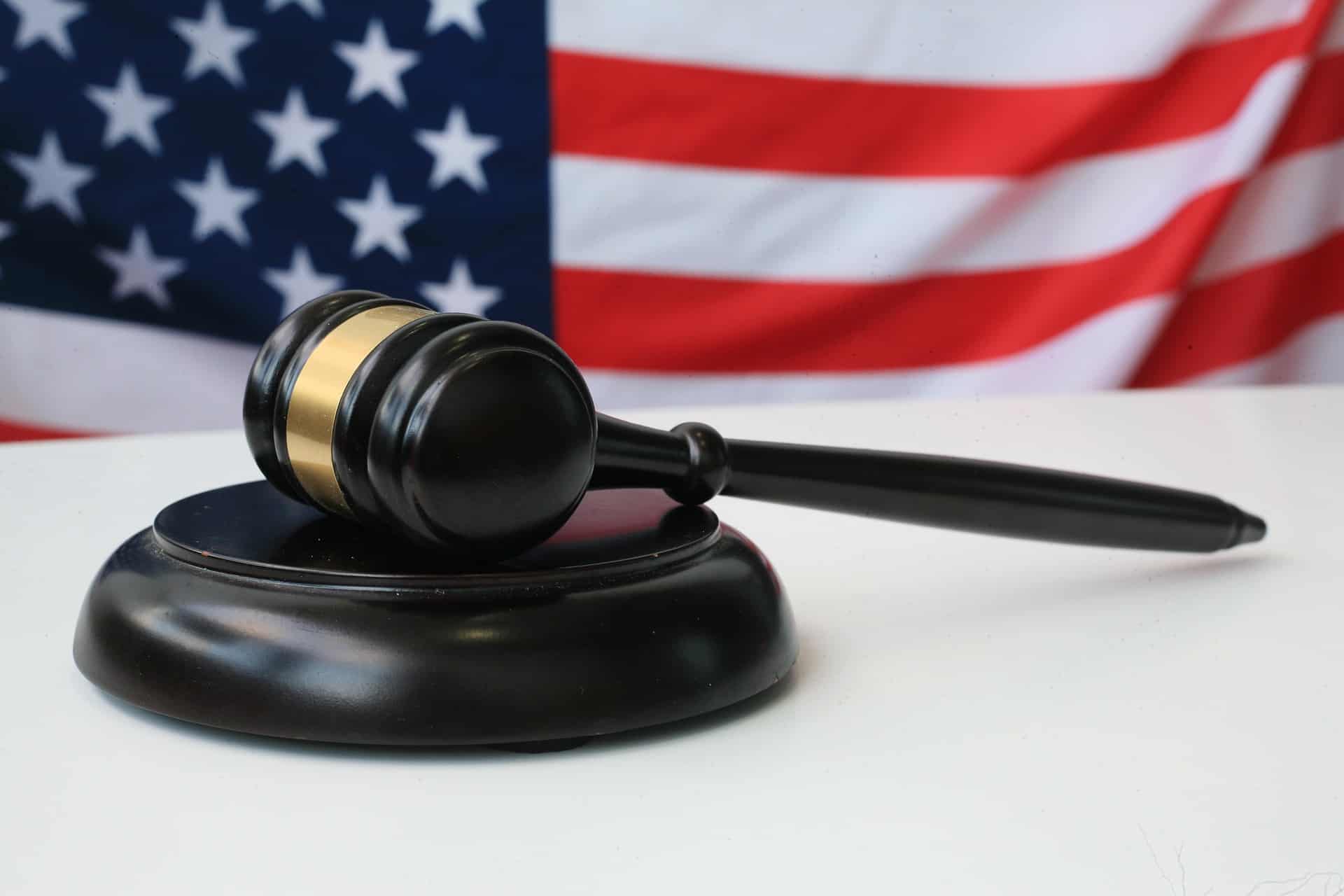
In back-to-back hearings on July 27, the federal judge overseeing more than 230,000 consolidated lawsuits against 3M Company and its subsidiary questioned whether 3M was using bankruptcy to halt the suits; while later that day in bankruptcy court, 3M’s subsidiary blamed the “broken” legal system for allowing the claims to escalate out of control.
In the morning hearing before U.S. District Court Judge M. Casey Rodgers, in Pensacola, Florida, Judge Rodgers said she would schedule a second hearing to discuss whether 3M acted in good faith during mediation to resolve veterans’ lawsuits. They did this while constraining the veterans to bankruptcy court through its subsidiary Aearo Technologies LLC. Aearo is 3M’s manufacturing arm that is accused of harming veterans who were issued its Combat Arms Earplugs version 2 (CAEv2), which lawyers argued were defective when they were supplied to the U.S. military. Many veterans suffered hearing loss and other damage they attributed to the earplugs.
Veterans’ lawyers argued that bankruptcy is 3M’s way of denying the defective product victims the opportunity to be heard by juries. To date, nineteen military members have participated in 16 test-case trials, in which 13 plaintiffs were awarded about $265 million.
This bankruptcy tactic is not new. It has been used by other companies, including Johnson & Johnson and Purdue Pharma L.P in the past. The strategy is based on the bankruptcy laws that halt all lawsuits once a company files for Chapter 11. The suits are then moved to a bankruptcy court judge.
3M’s lawyers argued that the company should be shielded from lawsuits incurred by Aearo, even though 3M is not in bankruptcy itself and was sued along with Aearo. The company has said it will establish a $1 billion trust to settle claims with veterans suing over the earplugs and has already earmarked $240 million to fund Aearo’s bankruptcy.
Judge Rodgers said she did not believe Aearo’s bankruptcy automatically shielded 3M from liability. She chastised 3M for canceling depositions scheduled for the previous day with “not so much as a phone call” to her.
In the afternoon hearing in Indianapolis, U.S. Bankruptcy Judge Jeffrey J. Graham set an August 15 trial date to establish whether the lawsuits should be halted while Aearo’s bankruptcy petition proceeds.
Aearo’s attorneys asked for a court order to shield 3M from the lawsuits, but ultimately settled for a more limited agreement to stop scheduled depositions from witnesses and experts for three weeks.
Aearo attorney David Bernick told Judge Graham that 3M needed more time before the multidistrict litigation (MDL) resumed. This was so it could concentrate on Aearo’s bankruptcy restructuring since the Chapter 11 filing had just been made. Bernick mentioned that Judge Rodgers earlier that morning had questioned 3M’s strategy in filing the bankruptcy, which, he said, could hamper progress in bankruptcy court.
“We’ve got a tension that’s developed between this proceeding and the MDL, and it is very corrosive,” Bernick said.
Judge Graham said he would need more evidence before deciding whether to spare 3M from further litigation and set the August hearing to consider it.
Veterans’ lawsuits against 3M and Aearo ballooned in 2021 to 290,000, and currently represent more than 230,000 consolidated cases, almost one-third of all federal court cases, the largest MDL in history.
In 2018, 3M settled a complaint for more than $9 million filed by the U.S. Attorney General’s office under The False Claims Act (FCA). The FCA allows the government to seek money from contractors it can show acted fraudulently.
The bankruptcy case is filed as: Aearo Technologies LLC, U.S. Bankruptcy Court for the Southern District of Indiana, No. 22-10493.
Any lawyer that represents a veteran who was harmed by defective 3M earplugs should consider contacting us about expediting any medical record retrievals necessary to continue their litigation.